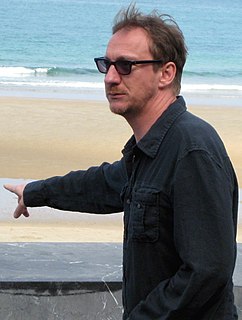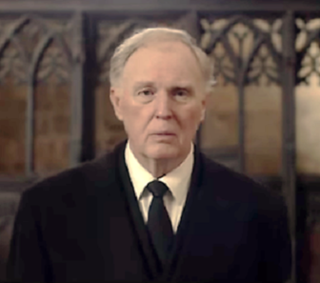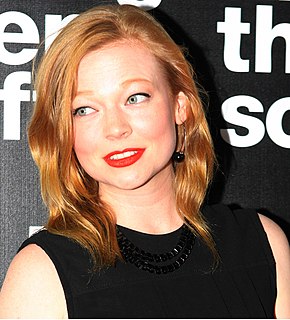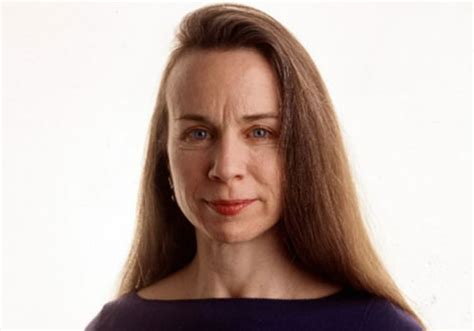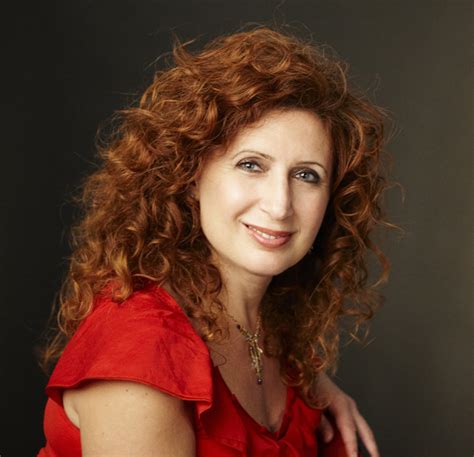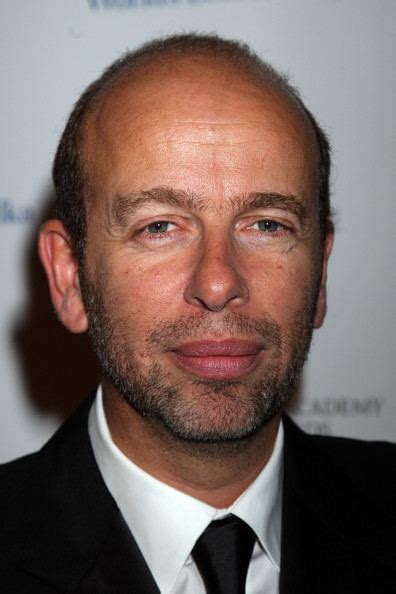A Quote by David Thewlis
I must have read three-quarters of 'Anna Karenina' on my phone. Which might be a record.
Related Quotes
In high school I read [Lev] Tolstoy's "Anna Karenina" and loved it. Then I read [Friedrich] Nietzsche's "On the Genealogy of Morals" and that hit me hard. I don't know where I got it. My parents warned me not to mention either of those books when I went for my college interviews so I wouldn't seem like an egghead. They told me to talk about sports.
In fiction, imaginary people become realer to us than any named celebrity glimpsed in a series of rumored events, whose causes and subtler ramifications must remain in the dark. An invented figure like Anna Karenina or Emma Bovary emerges fully into the light of understanding, which brings with it identification, sympathy and pity.
One of the things that really impressed me about Anna Karenina when I first read it was how Tolstoy sets you up to expect certain things to happen - and they don't. Everything is set up for you to think Anna is going to die in childbirth. She dreams it's going to happen, the doctor, Vronsky and Karenin think it's going to happen, and it's what should happen to an adulteress by the rules of a nineteenth-century novel. But then it doesn't happen. It's so fascinating to be left in that space, in a kind of free fall, where you have no idea what's going to happen.
An author entices the readers with their words, and it is painful for them to even lose a sentence. But films and books are two different mediums and should be dealt differently. What works in a book might not work for a film. When I saw 'Anna Karenina' on screen, I didn't like it at all, whereas 'The Godfather' was legendary.
